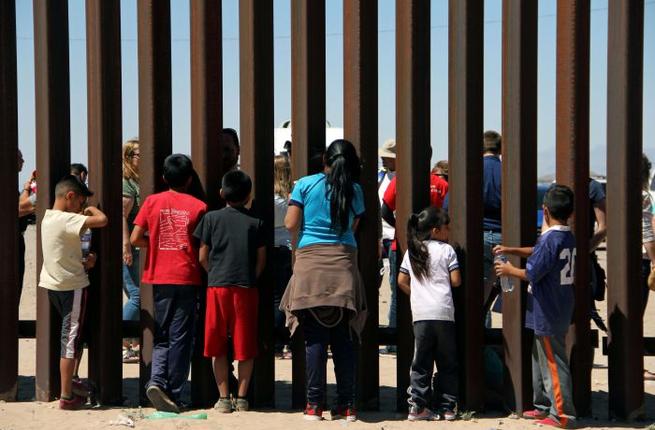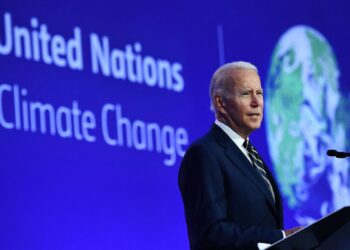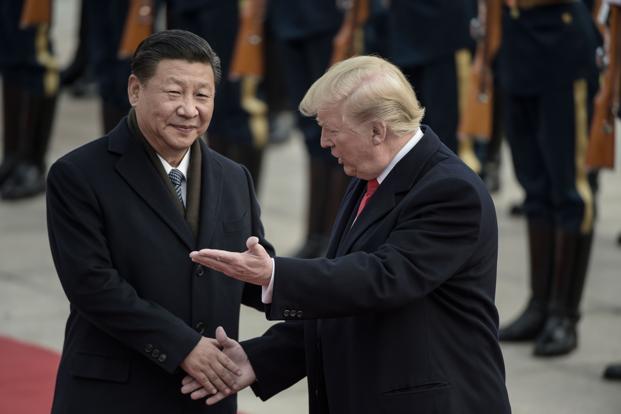U.S. government officials with the Department of Health and Human Services (HHS) are once again in the position of trying to locate over 1,400 migrant children that have gone missing since being placed with adult sponsors. This news echoes similar findings from April when testimony before the U.S. Senate revealed that 1,475 children who crossed the U.S.-Mexico border as unaccompanied minors could not be located. Some reports suggest the total number of migrant children that cannot be accounted for may be much higher, though it is unclear how many of those children crossed the border without an adult guardian and how many were separated from their family members as part of the Trump administration’s “zero tolerance” immigration policy earlier this year.
U.S. government officials have suggested the unaccounted-for children are not necessarily lost or in danger and that the figures merely show the number of adult sponsors who could not be reached during attempts to check in on the children’s welfare. Past investigations have shown, however, that undocumented minors in the U.S. are vulnerable to human trafficking and forced labor.
Amid concerns over the safety of these children, it is important to understand how the news of migrant children “lost” in the government’s HHS system fits into the broader issue of due process within U.S. immigration policy. The unaccounted-for children reflect an immigration system in which undocumented migrants often lack many of the basic legal protections available to U.S. citizens.
The rights of due process and legal counsel theoretically apply to migrants, since the U.S. Constitution uses the language of persons rather than citizens in describing such protections. Federal court rulings like Plyler v. Doe and Zadvydas v. Davis reinforce the applicability of the Due Process Clause to all persons within U.S. territorial jurisdiction, including “unlawful aliens.” For this reason, legal scholars have argued that such protections are applicable to undocumented migrants on the basis of personhood and jurisdiction in the United States.
In practice, however, these rights are diluted within the U.S. immigration courts system, where deportation proceedings fall under civil rather than criminal statutes. The right to legal counsel, for example, is typically not available because immigration infractions are not categorized as criminal felonies. While many individuals who appear in immigration courts have no legal representation, the U.S. government is always represented, creating a significant power imbalance. Immigration courts also lack juries, and new performance standards are pressuring immigration judges to deliberate and decide the outcome of each case within less than three hours.
Shortage in Due Process Rights
This network of courts operated by the U.S. Department of Justice results in a distinct legal system lacking many of the fundamental due process protections available in the national criminal justice system. A shortage in due process rights reduces trust in immigration procedures and produces incentives towards fearing and fleeing government authorities, which may explain why some adult sponsors are unresponsive to welfare calls from the HHS. Keeping track of migrant children depends on responsive communication, and this difficulty is compounded by the increasingly assertive role of Immigrations and Customs Enforcement in arresting sponsor families—which often contain at least one member who is undocumented.
The scarcity of legal protections afforded to undocumented migrants additionally plays into the hands of human traffickers, who can exploit migrant children more freely with the understanding that any potential witnesses not protected by the rights of U.S. citizenship will lack the confidence to come forward to law enforcement.
A recent survey by the American Civil Liberties Union suggests the increased presence of Immigrations and Customs Enforcement (ICE) officers at criminal and civil courts has intensified apprehension within immigrant communities regarding any contact with U.S. law enforcement, dissuading calls to the police to report crimes and attendance at court proceedings. A vivid example of ICE actions against undocumented migrants participating in court proceedings occurred over the summer when a mother and son were arrested outside a North Carolina courthouse where they appeared as part of a domestic violence case.
Recent policy maneuvers by the U.S. administration to evade Flores Settlement Agreement limits on the detention of migrant children have amplified the due process problem, along with political rhetoric calling for undocumented migrants to be immediately deported without judges or court cases.
That undocumented migrants face the prospect of arrest, detention, and deportation with minimal recourse in the immigration courts system enables traffickers and other predatory criminals to position the U.S. legal system as threatening, should victims or witnesses seek out its channels of justice. With constitutional protections already weak, further moves against due process reinforce perceptions that undocumented migrants—including children—are without rights and therefore vulnerable to coercion and exploitation.
Disclaimer: The views and opinions expressed here are those of the author and do not necessarily reflect the editorial position of The Globe Post.





















